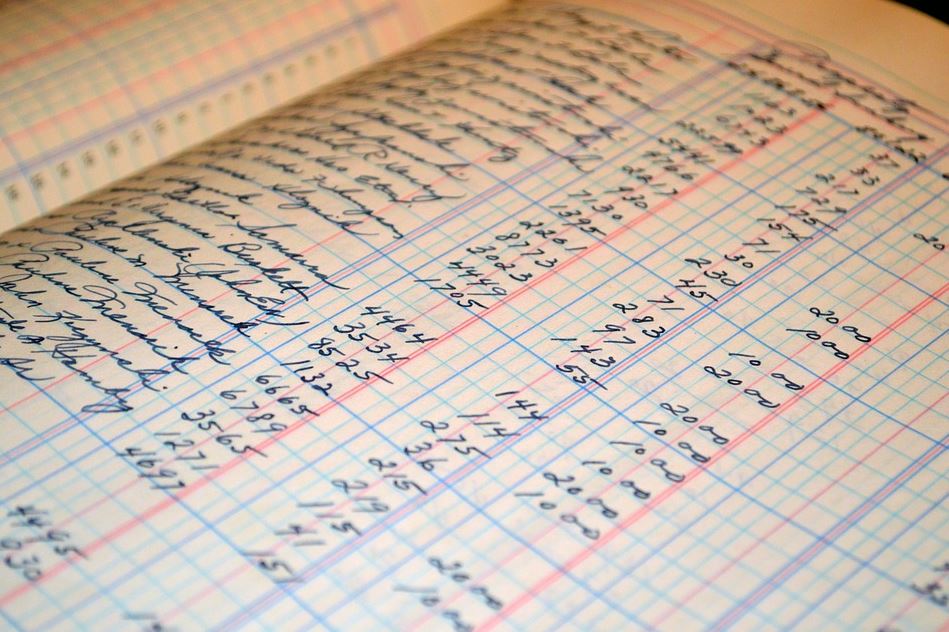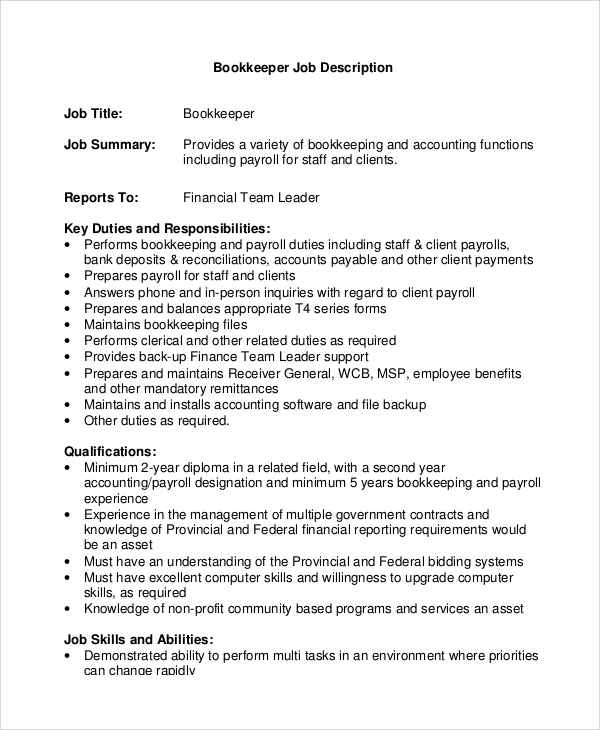
Accounting is related to bookkeeping in the fact that they both are related to reporting of financial transactions but accounting has the capability of giving a whole idea about the financial health of the business or company whose book keeping has been done. This is also essential for tax audit at the end of the financial year. This updated record of transactions gives a clear idea about the performance and progress of a company or business and can determine the future plan of action for improvement. This helps to plan your future financial transactions accordingly. Regular updates of financial transitions taking place in a business, company or even household is quite essential to keep an idea about the expenses, loss and profits on a day-to-day basis. As you can see, it is only a small part of the broader definition of accounting.Bookkeeping is an essential part of all financial transactions. The effects of these transactions with people inside and outside of the company. Accounting has a much more broad definition than simply recording transactions in an accounting system.Īccounting is using to identify events that need to record, recording the transactions of these events, and communicating. Many times accounting and book-keeping are using interchangeably, but this is incorrect. The entire process of analyzing an event and recording the transaction in the accounting system is a good example of bookkeeping.

The purchase of the new vehicle with any applicable gains or losses on the transition. Once the business event has been evaluating, the bookkeeper makes a journal entry in the general ledger to remove the old vehicle and associate accumulate depreciation and record. Also read, Types of Accounting in a Business.Īs you can see, bookkeepers generally must have a good understanding of accounting principles and GAAP in general. He or she must also find out whether any loans require for the new purchase and how much cash was paid for the transfer. The bookkeeper must review the transaction and determine how much the old vehicle trade-in value was and the price paid for the new vehicle.

Understand Bookkeeping for Example.Ī good example of a business event that requires analytical skills is the trade-in of a vehicle. “Systematic recording of financial aspects of business transactions in appropriate books of account”. This can either be done manually on a physical ledger pad or electronically in an accounting program like Quickbooks. In other words, book-keeping is how data is entering into an accounting system. Related Posts धन की भेंट Definition of Bookkeeping.īookkeeping, often called record-keeping, is the part of accounting that records transactions and business events in the form of journal entries in the accounting system. Simply put, the entire economy relies on accurate and reliable book-keeping for both internal and external users. Which include investors, financial institutions, or the government that needs access to reliable information to make a better investment or lending decisions. Without bookkeepers, companies would not be aware of their current financial position, as well as the transactions that occur within the company.Īccurate bookkeeping is also crucial to external users. Bookkeepers are individuals who manage all financial data for companies. With proper bookkeeping, companies can track all information on their books to make key operating, investing, and financing decisions. When recording business events since the source for most accounting information in the system.īook-keeping involves the recording, daily, of a company’s financial transactions. Bookkeepers often have to exercise analytical skills and judgment calls. Since the principles of accounting rely on accurate and thorough records, book-keeping is the foundation of accounting.

The name “waste book” comes from the fact that once the waste book’s data were transfers to the actual journal, the waste book could discard Meaning of Bookkeeping. The daily transactions would then record in a daybook or account ledger in order to balance the accounts. This was recorded in chronological order, and the purpose was for temporary use only. The purpose was to document daily transactions including receipts and expenditures.

The term “waste book” was used in colonial America referring to book-keeping. Babylonian records have been finding dating back as far as 2600 B.C., written with a stylus on small slabs of clay. The origin of book-keeping is lost in obscurity, but recent researches would appear to show that some method of keeping accounts has existed from the remotest times. Related Posts Accounting Principles points in Meaning Definition and Features History of Bookkeeping.


 0 kommentar(er)
0 kommentar(er)
